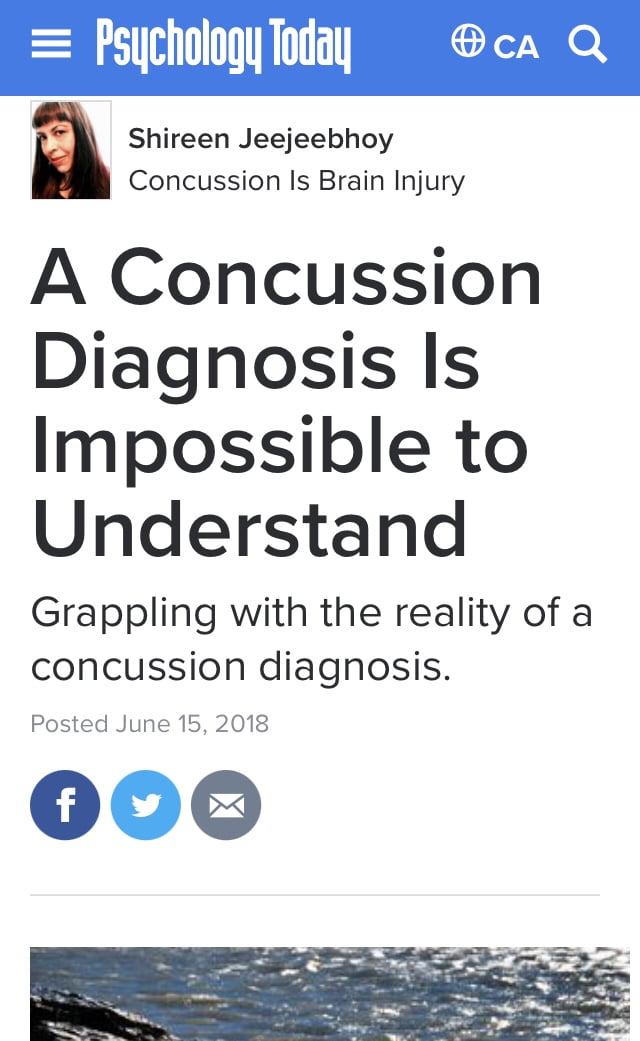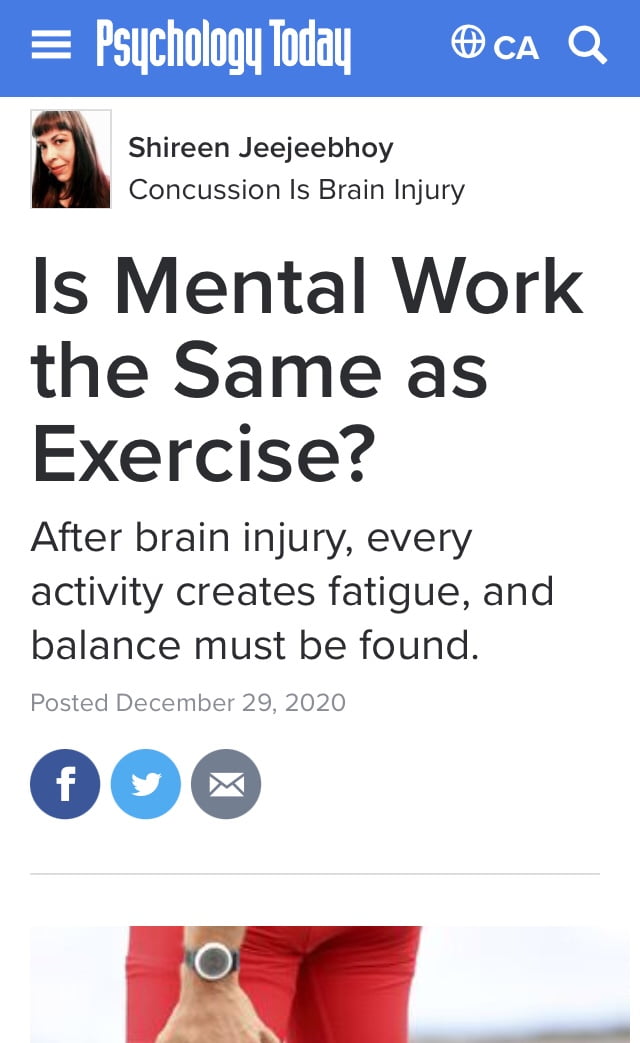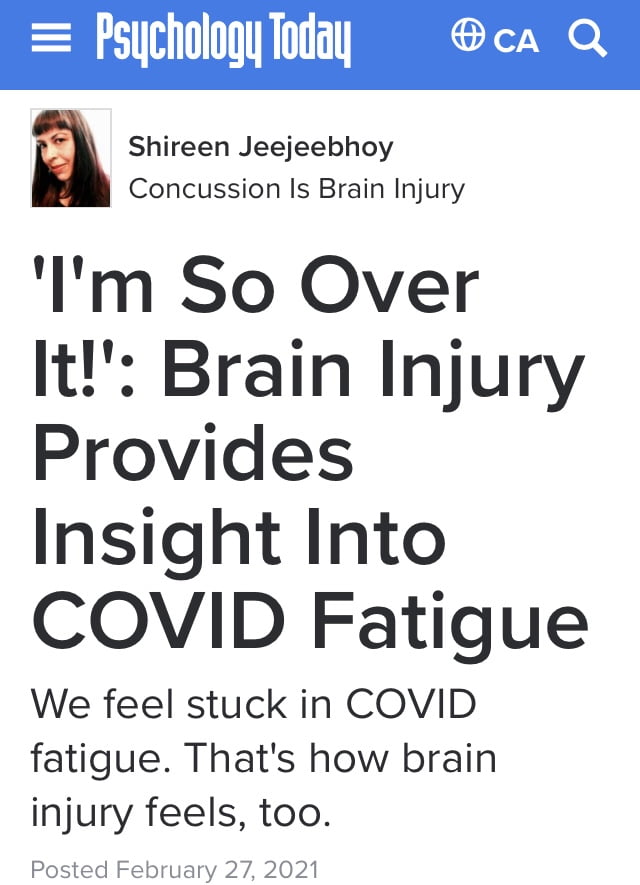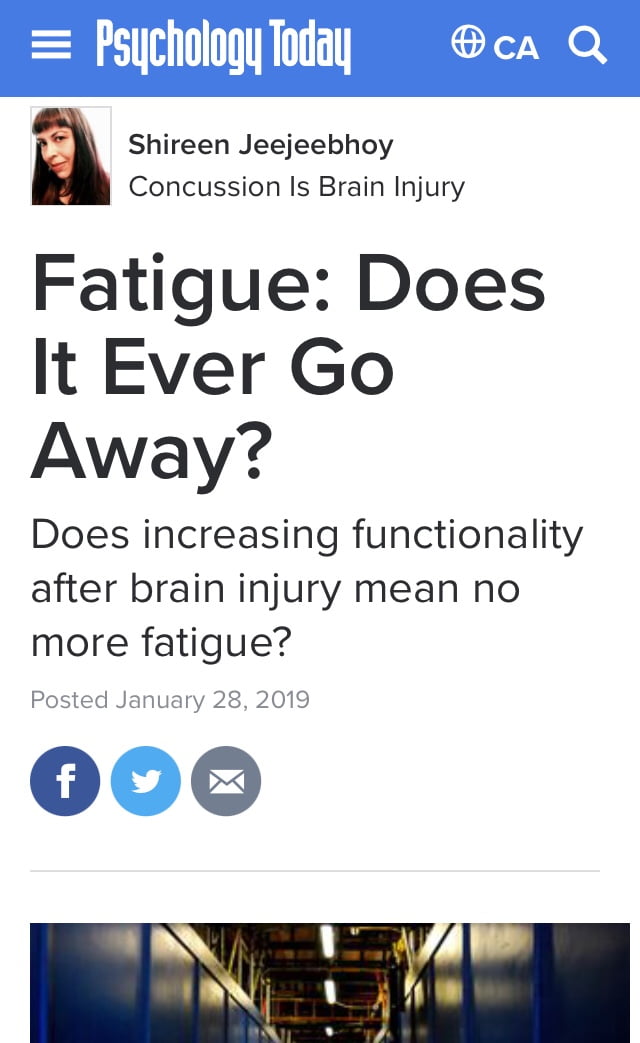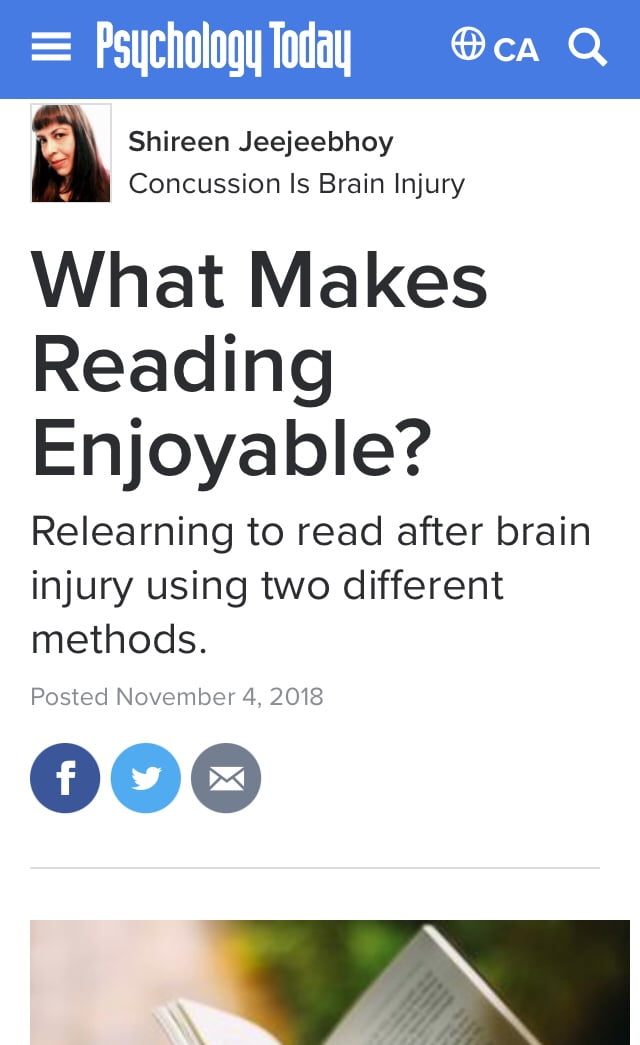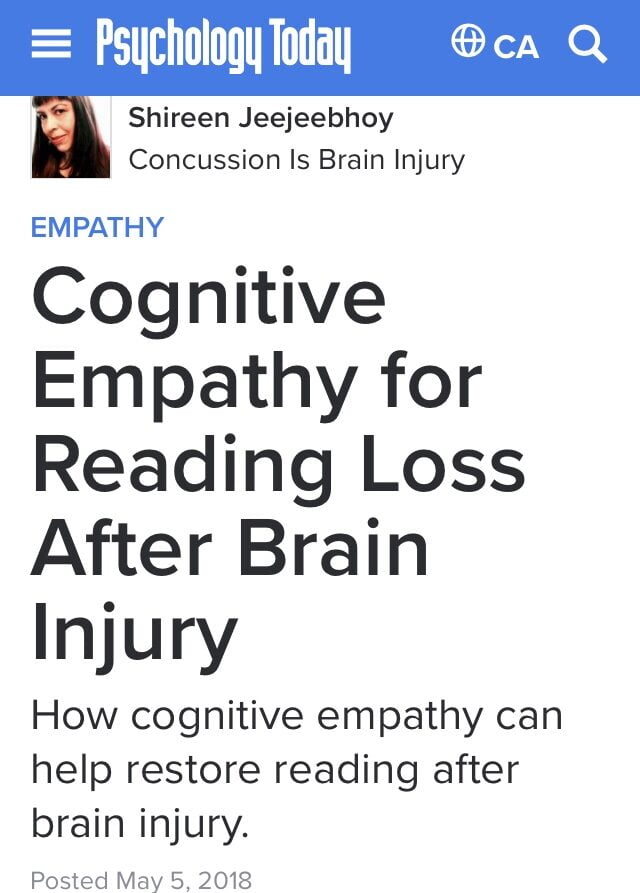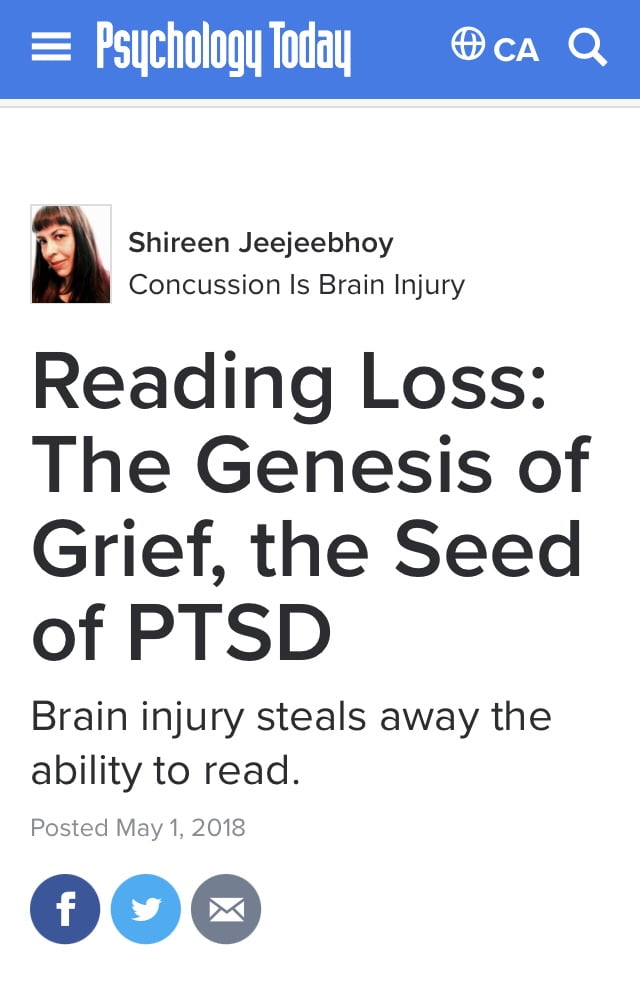Why are neurostimulation techniques not adopted widely, given how effective they are? I believe it comes down to trust, anxiety, and being overburdened. I want to talk today about why it’s important for health care professionals of all kinds to learn about and use audiovisual entrainment (AVE) and cranioelectrical stimulation (CES) in their practices. I…
Category: Writings
Articles, essays, stories, etc.
CTE: Mysterious Syndrome or Untreated Brain Injury?
Instead of studying CTE as a mystery syndrome divorced from untreated brain injury, let’s challenge assumptions that seeming recovery from concussion is real recovery. The brain is the final frontier. Although much scientific research has been done toward trying to understand it, research funds haven’t kept up with basic research needs, and we have only…
A Concussion Diagnosis Is Impossible to Understand
“Early in March 2001, my psychologist sat me down to tell me gently that my brain had plateaued. This is my life.” Receiving a diagnosis of concussion doesn’t prepare you for how much your life will change. Not just your own life, but the lives of the people around you as they grapple with the…
Is Mental Work the Same as Exercise?
Increasing mental work while not decreasing physical exercise commensurately was a really bad idea after brain injury. This lesson no one taught me. NaNoWriMo—National Novel Writing Month—is a month of writing every single day in November to create a 50,000-word novel. This writing community and event includes anyone, no matter your ability; it releases your…
‘I’m So Over It!’: Brain Injury Provides Insight Into COVID Fatigue
We feel stuck in COVID fatigue. That’s what they’re calling the feeling of being in the middle of a marathon with no end. That’s how brain injury feels, too. But with a difference. I’m stuck. We’re stuck. In COVID fatigue. The feeling of weariness, of being in the middle of a marathon that was supposed…
Fatigue: Does It Ever Go Away?
Does increasing functionality after brain injury mean no more fatigue? Fatigue is such an inadequate word to describe the unutterable weariness that comes on to a person with fibromyalgia or brain injury just because one got up in the morning. When someone who has a chronic illness or injury, particularly brain injury, fibromyalgia, or chronic…
What Makes Reading Enjoyable?
I believed in reading strategies because I believed in my therapist—until I finally had to admit they were an illusion. I sat opposite my therapist, focusing effortfully on her lesson. She was teaching me how to read post-concussion using strategies: highlighters to highlight words I needed to remember; pens to write notes in the margins…
Cognitive Empathy For Reading Loss After Brain Injury
Cognitive empathy lets you imagine a client’s experience, puts yourself in their shoes, and act accordingly. How you can use it to help restore reading post concussion. Dr. Brian Goldman, a Toronto ER doctor and host of White Coat Black Art on CBC Radio, was on CBC Radio’s Ontario Today at noon, Friday, May 4,…
Reading Loss: The Genesis of Grief, The Seed of PTSD
You don’t know the grief of brain injury until you hear a gentle, compassionate voice drop the devastating news that you can’t read while you’re holding your usual paperback. You never know how brain injury will play out over time. What you think at first is mild becomes worse and worse. Biochemical changes wreak hidden…



